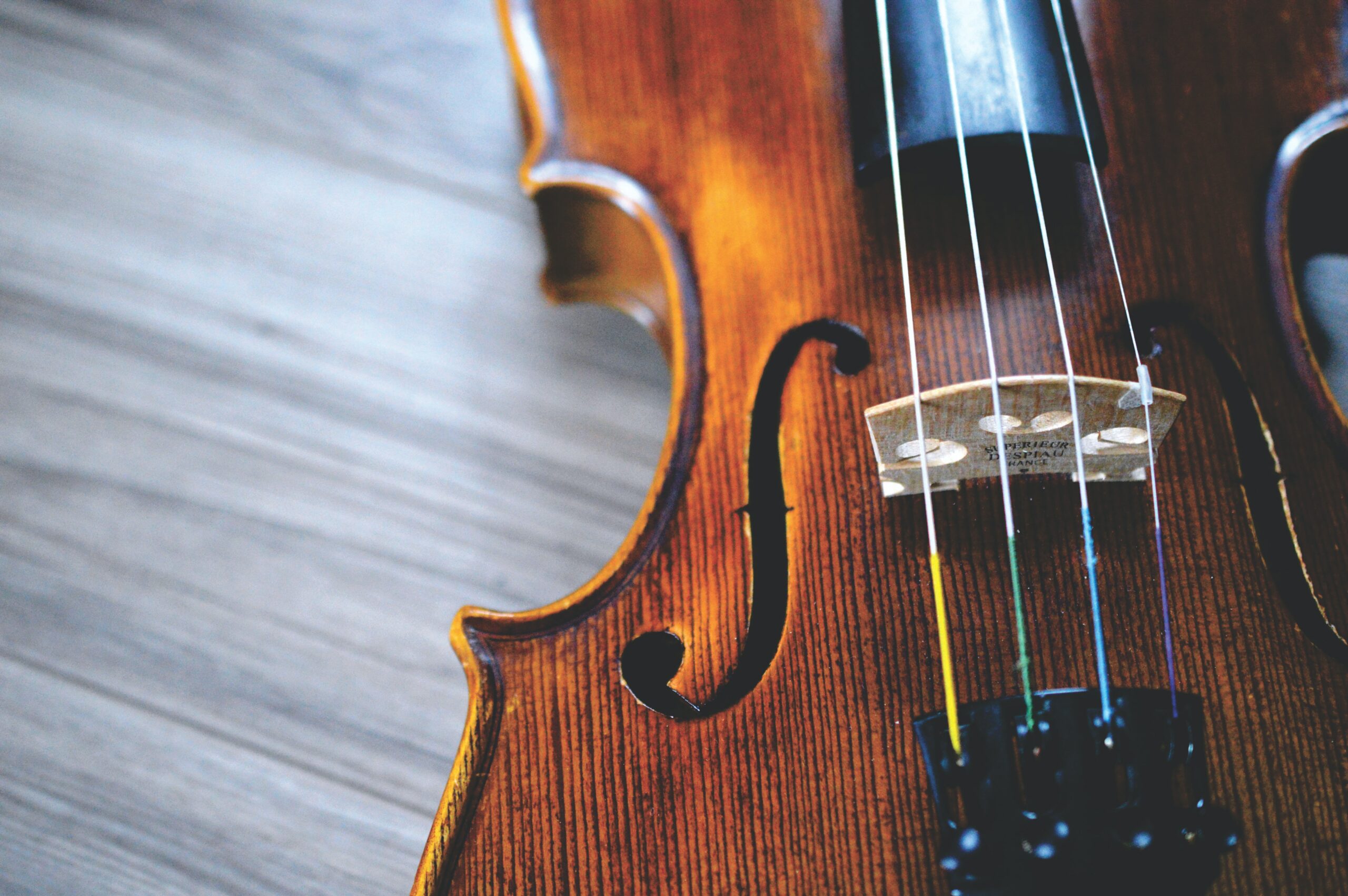If I had a dollar for every time I heard a classical music professor scoff at an undergrad student who got into genre-bending, then I’d be a much richer woman than I am now. Across my career as a musician, I’ve been told the following:
- Bach should never be swung. We should play everything as historically intended
- Woodwinds shouldn’t play music written for other instruments
- We shouldn’t use the language of jazz harmony in any classical composition
- You can’t mix songwriting and composition together
I’m here to disagree with all of the above points, and then some. Much of overall experience has been ‘Do it the way we always have done it’. Why? Why can’t we blend and bend? I’m here to say it: Classical musicians should not be afraid to defy genres and get in fusion and crossover classical. Here’s why:
1. It Keeps Classical Music Alive
One of the first genre-bending classical cover artists I ever heard of was the Vitamin String Quartet; an LA-based string ensemble that covers rock and pop songs. While I was into classical music before (I had been studying the flute since I was 11), listening to the Vitamin String Quartet kept my interest in classical music piqued as I got into Junior High.
Furthermore, the symphonies that get with the times (Think, the TSO, and their Radiohead concert) are the ones that succeed. Seats get filled, and audiences are intrigued!
2. It Gets Younger Audiences Interested in Classical Music
I think that classical music has always been, and will always be, cool. But not everyone thinks that in the beginning. Many people believe that Bach is to classical as ‘elevator music’ is to jazz. We need to get more young people in the seats to the symphony- So that we can keep the genre alive. This idea is an extension of point 1. If we don’t have the younger generations listening, things could fizzle out faster than a descrescendo.
3. It Keeps Us All Relevant and On Our Toes
Just imagine if this scenario had happened:
It’s the Baroque era (1600-1750). Vivaldi’s and Handel’s music is on fire. But as the years go on, 1750 becomes 1751, 1752….The music professors become strong elitists, telling all the new musicians who are studying with them that the way Sonata form and Concerto form now is, is how it will stay.
If that had happened, the Classical Era as we now know it, simply wouldn’t exist anymore.
An even worse version of this would be if we kept all the rules for chants from Pope Gregory- A time when all music was intended to sound exactly the same.
If we don’t allow modern ideas (yes, even from pop and alternative songs) to come in and change things around, we may end up cycling through the same thing and never making anything that sounds fresh, for several decades, until classical music becomes something that’s copyright free, and that companies can use for commercials. How sad would that be?!
I am a firm believer that we can musically go in two directions at once.
4. It Makes Your Resume More Attractive
Still not on board with my ideas? That’s okay! But here is a big reason why you should still consider genre-bending every so often, whether you agree with it or not: It makes your resume more attractive.
For example, the chart-topping Netflix show, Bridgerton, features a soundtrack that is all arrangements of pop tunes gone Classical. From Thank U, Next to Girls Like You, the music provides just enough fun, while stylistically staying true to what we might have heard musically, during that period of time.
Now, if you’re known for mean a classical music purist across the music community, you’ll never get a gig playing Ariana Grande goes classical for a Netflix-original series. And how unfortunate is that?!
Classical musicians get hired by famous pop, rock, and fusion artists all the time. Don’t rabbit-hole yourself out of a big gig!
Genre-Bending Classical Musicians to Listen To
If you are on the look-out for some genre-bending artists to listen to the put some more pep in your step, consider the following musicians (in no particular order):
- The Piano Guys
- Eklipse
- Hildegard Von Blingen ( a personal favorite of mine)
- Liquid Music
The Piano Guys are a classical cello/ piano duo who frequently cover Disney songs like Let It Go, and pop songs like A Thousand Years. Eklipse is a string ensemble that I’ve recently discovered. They are a quartet that reimagines popular alternative songs such as those from Linkin Park. Hildegard Von Blingen is a Canadian musician who makes Lady Gaga and other pop artists go Medieval. Lastly, there’s Liquid Music. Liquid music is not an artist or musical group, but rather, it is a contemporary music production project. From collaborations and commissions for classical-fusion music, they seem to have it all. Musicians such as Sufjan Stevens, Bryce Dessner, and The Spectral Quartet have all been involved in the project. Liquid music is full of modern classical excitement.
As a shameless self-plug, I’ll also include myself! While I’m far from the ever-famous list above, I am a classical flutist with a passion for arranging and recording pop and alternative songs for a multi-tracked flute choir. You can find me under multiple platforms under Aleah Fitzwater, or Aleahflute. You can also find me on Spotify and Scanscore.
Conclusion
Music in and of itself has always been a controversial subject. That’s just art for you! If genre-bending speaks to you as a classical musician, don’t let the haters hold you back. I’ll be cheering you on from the sidelines!




